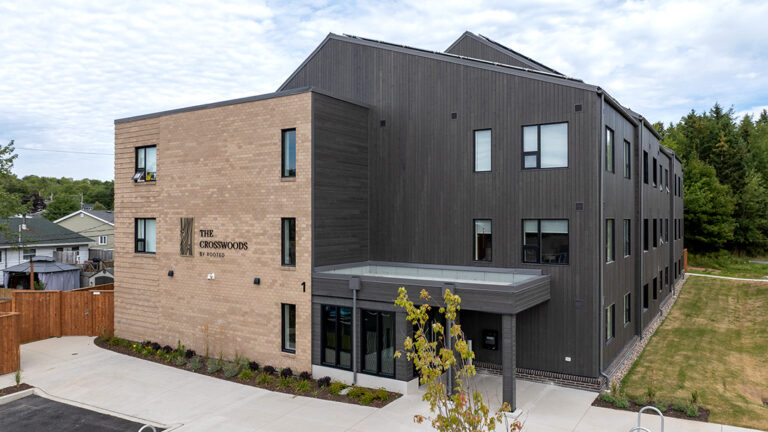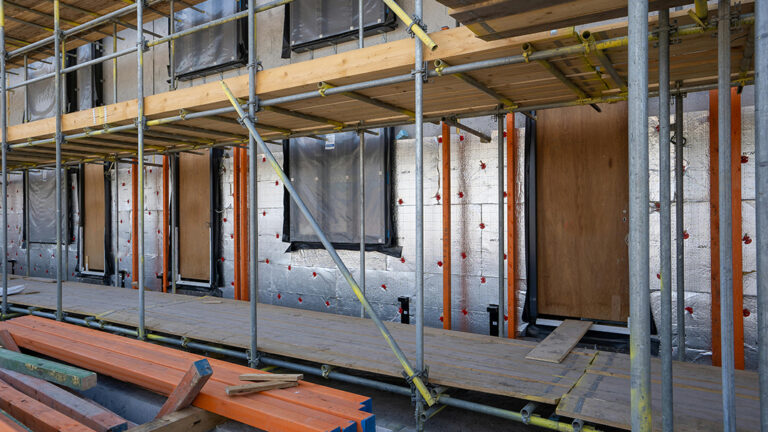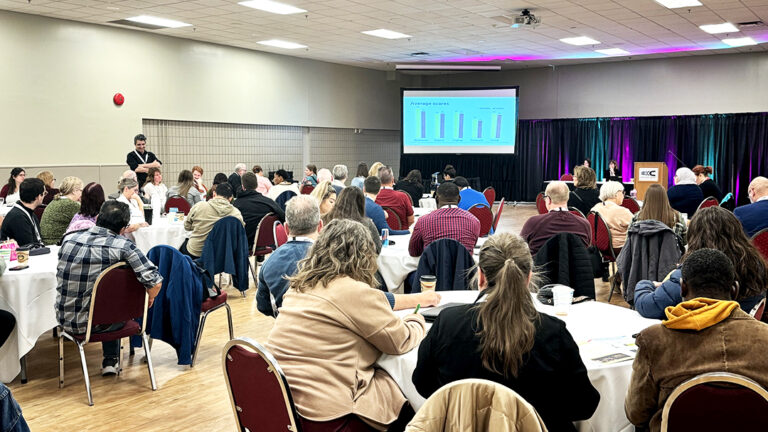On May 14th, a governance workshop was held to reflect on the democratic operating principles of the PLANCHER Fund. It also led to the creation of a foundation board of directors whose mission is to prepare for the fund’s founding assembly on November 4th.
The workshop also allowed for collective reflection on our ambitions, concerns, and the priorities that should be at the heart of the fund’s action. Here, we report the key points of the discussions on these issues.
Ambitions
One of the key factors contributors are enthusiastic about is the collective decision by the entire community housing sector to collaborate in transforming its ecosystem. This collaboration is a major source of motivation and mobilization. The fund has garnered support from major partners, with $100 million already pledged by investors.
Many participants emphasized PLANCHER’s potential for financial innovation. The fund will be able to explore various financial mechanisms, including low-interest loans, patient capital models, and revolving working capital funding. These approaches will create a virtuous cycle, enabling returns to be reinvested in new projects without depleting initial resources. Furthermore, its goal to streamline financing tools by harmonizing the offerings is generating considerable optimism.
The possibility of accessing affordable renovation loans is also seen as an important advantage of the fund, as it will preserve the borrowing power of housing providers while increasing the value of their buildings.
Finally, many players in the sector are confident that the PLANCHER Fund has great potential to help them accomplish their mission.
Concerns
Despite the progress, some questions persist. There is uncertainty regarding the involvement of provincial and federal governments, which are currently not listed as partners. Additionally, there are concerns about potential alternatives if the Quebec government does not back the project. One suggestion is to develop a federal-provincial communication channel, involving the SHQ and the CMHC and to prepare in advance to convince the next administration if there is a change in leadership.
There were calls for careful oversight in the strategic allocation of the $1 billion fund to ensure the formation of a virtuous cycle. It is crucial to establish a mechanism where investments produce positive outcomes that can be reinvested in new projects, thereby creating a systemic impact even in a context of high construction costs. One practical medium-term solution could be to focus on acquisitions to rapidly generate equity.
Some participants voiced their doubts about PLANCHER’s capacity to simplify financing procedures, citing the complexities of real estate. However, the majority are confident in PLANCHER’s success, as the fund’s principles are grounded in proven and streamlined processes that have already shown their effectiveness in similar initiatives, especially within the for-profit sector.
Recurring topics
The workshop was also an opportunity to address several themes dear to the Quebec social and community housing sector.
- Territorial equity
It is essential to reconcile the aspirations of non-profits, cooperatives, and municipalities with territorial realities to ensure equity in projects across all regions of Quebec. Mobilizing regional actors remains fundamental for inclusive community development, even if investments tend to concentrate locally.
- Environmental performance
Several participants advocate for setting higher quality standards than those currently mandated by law. They believe that using ecological materials and sustainable construction practices would enhance building durability and lower maintenance costs. Additionally, they suggest allocating a portion of the pre-development project funding to support these ecological initiatives.
- Affordability
The definition of affordability remains a central issue. PLANCHER is expected to outline this notion clearly, considering both immediate needs and long-term realities. Affordability varies by region and market conditions and should be seen as a long-term commitment rather than a constraint at the start of projects.
- Target audiences
The fund’s capital should promote diversity and inclusivity to foster mutual support and the development of a robust social fabric. This involves directing resources to meet the specific needs of different demographic groups, such as seniors, according to regional characteristics. Investment decisions should be guided by relevant social and economic data.
- Universal accessibility
Given the aging population and the principle of inclusion, it is crucial to incorporate universal accessibility into housing plans. The PLANCHER Fund could mandate a minimum percentage of accessible units. Projects could then be prioritized using a scoring system that factors in accessibility.
- Commercial spaces
Although PLANCHER-funded projects should prioritize affordable housing, it was noted that incorporating local services into these projects can enhance social diversity and neighborhood sustainability.
Next steps for the PLANCHER Fund
Registrations to become a founding member of the fund are still open. Nearly 50 organizations have already expressed interest. Join them!
The inaugural general assembly of the PLANCHER Fund will be held on November 4th, both in Quebec City and online. The fund will adopt its general regulations, and members will elect a board of directors.






